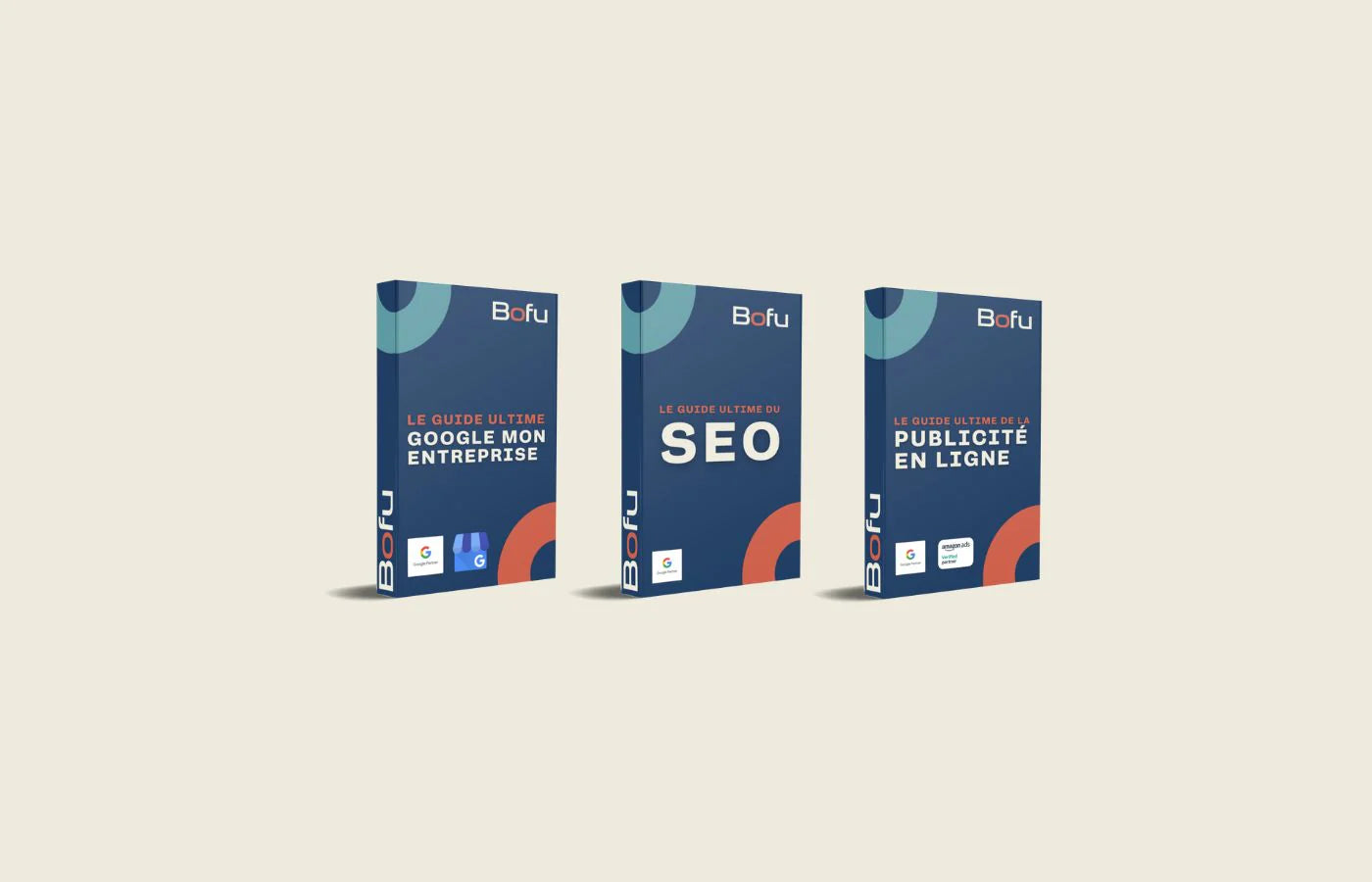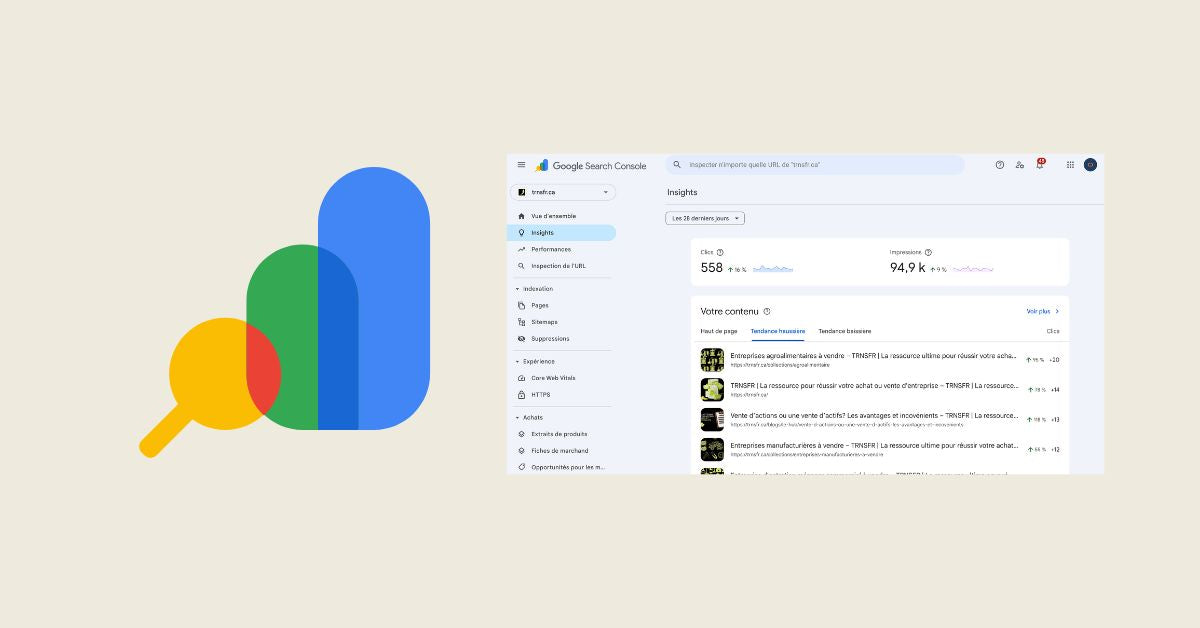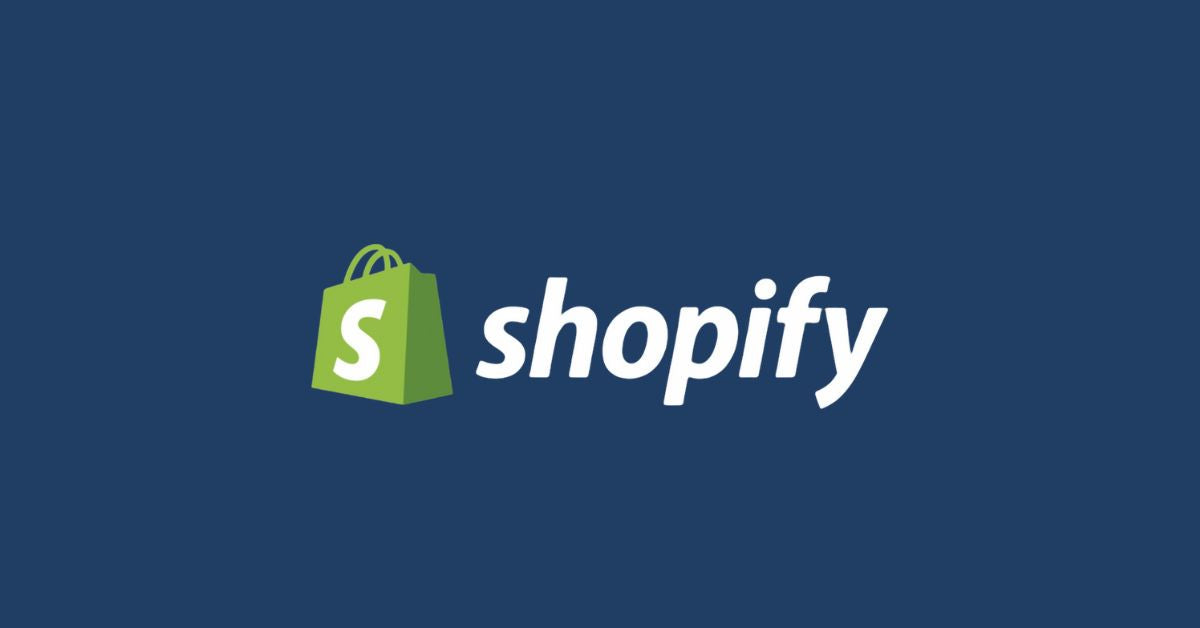Introduction
Business-to-business (B2B) commerce is undergoing a major transformation with the increased digitalization of sales processes. A powerful B2B sales portal allows companies to centralize their operations, improve the customer experience, and automate many administrative tasks. In 2025, Shopify is positioning itself as a platform of choice for B2B companies thanks to its recent updates, and at Bofu , we support you in each step of the creation and optimization of your portal.
What is a B2B portal?
A B2B (Business-to-Business) portal is an online platform dedicated to commercial transactions between companies. Unlike the B2C (Business-to-Consumer) model, B2B involves more complex purchasing processes, larger order volumes and specific customer relationships. An effective B2B portal allows you to:
• Manage professional client accounts with personalized access.
• Offer pricing and product catalogs tailored to each customer or customer segment.
• Automate ordering, invoicing and payment processes.
• Integrate third-party systems such as ERP and CRM for centralized management.
Why Choose Shopify for Your B2B Portal in 2025?
Shopify, known for its robustness and flexibility, has enriched its features to meet the specific needs of B2B businesses. The benefits of Shopify for B2B include:
• Native B2B and B2C integration: Manage your sales to professionals and end consumers from a single interface.
• Advanced pricing and catalog customization: Tailor your offerings to customers or market segments.
• Process Automation: Use Shopify Flow to automate repetitive tasks and gain efficiency.
• Optimized user experience: Offer your customers an intuitive and responsive interface, adapted to all devices.
Steps to Launch Your B2B Portal on Shopify
Needs analysis and definition of objectives
Before you start, it is crucial to understand the specifics of your B2B business. Identify your target audience: who are your business customers? What are their expectations and purchasing behaviors? Define your goals: increase revenue, improve operational efficiency, expand into new markets, etc. Assess your resources: what skills and technologies are available internally?
Choosing the right Shopify platform
Shopify offers several plans, but for a complete B2B solution, Shopify Plus is recommended. It offers advanced features such as B2B customer account management, pricing customization, and workflow automation via Shopify Flow. To learn more about Shopify Plus' B2B features, check out the dedicated page .
Design and customization of your store
Your portal design should reflect your brand while providing an optimal user experience. Choose a suitable theme, opt for a responsive and customizable Shopify theme. Adapt product pages, catalogs, and payment pages to the needs of your B2B customers. Integrate specific features such as bulk order forms and deferred payment options.
Integration of third-party systems
For smooth management, it is essential to integrate your Shopify portal with your existing systems. Connect your ERP (Enterprise Resource Planning) for inventory, order, and accounting management. Integrate your CRM (Customer Relationship Management) for tracking customer relationships and sales. Add payment solutions tailored to B2B transactions, such as deferred payments or bank transfers.
Configuring B2B settings
Shopify Plus lets you configure specific settings for your business customers. Create price lists tailored to each customer or group of customers. Manage payment terms by offering deferred payment options. Limit access to certain parts of your store to B2B customers only.
Team training and launch
Make sure your team is ready for launch. Train your team on how to use Shopify, manage B2B orders, and provide customer support. Conduct comprehensive testing to ensure everything is working properly. Communicate the launch to your existing and potential customers.
Performance monitoring and continuous optimization
Once your B2B portal is launched, it’s crucial to regularly monitor performance to identify areas for improvement. Shopify offers built-in analytics tools, but you can also use Google Analytics 4 and Looker Studio for custom dashboards.
Here is a list of key B2B eCommerce KPIs to track:
• B2B conversion rate : Percentage of visitors who placed an order.
• Average Order Value (AOV) : Average amount spent per order.
• Frequency of recurring orders : Average number of orders placed per customer over a given period.
• B2B Customer Retention Rate : Percentage of customers who reorder.
• Cart Abandonment Rate : Percentage of carts abandoned before order completion.
• Average sales cycle length : Average time between first contact and order completion.
• Advanced Features Usage Rate : Percentage of customers using features such as recurring orders or managing personalized price lists.
• Customer Acquisition Cost (CAC) : Total cost to acquire a new B2B customer.
• Lifetime Value (LTV) : Total value that a customer brings to the company over the entire duration of the commercial relationship.
• Customer satisfaction rate (CSAT) : Measured via post-purchase satisfaction surveys.
• Net Promoter Score (NPS) : Indicator of the likelihood that your customers will recommend your company to other professionals.
• Refund or return rate : Percentage of orders returned or refunded.
Run A/B tests to assess the impact of portal changes and continually optimize the user experience. Use Shopify Flow to automate optimization tasks, such as abandoned cart recovery or automatic notifications.
Personalization and customer experience on a B2B portal
In B2B, providing a personalized customer experience is essential to retain your business partners. Set up tailored price lists and display personalized product catalogs. Make sure your portal is fully responsive and optimized for mobile devices. Offer dedicated customer support with live chat and personalized FAQs.
Marketing Strategies for a B2B Shopify Portal
Implement specific marketing strategies to attract and retain business customers. Use targeted advertising on LinkedIn and Google Ads B2B campaigns to reach your prospects. Collaborate with complementary businesses through partnerships and co-marketing. Offer loyalty programs and send personalized newsletters. For SEO, target B2B-specific keywords and add informative content like buying guides or case studies.
Practical resources to go further
• Customizing Price Lists on Shopify Plus
• Create a responsive online store
Conclusion
Launching a B2B portal on Shopify in 2025 is a strategic opportunity for companies looking to optimize their operations and offer a modern and personalized customer experience. With recent updates from Shopify and support from Bofu, you can quickly create a powerful and scalable solution, adapted to the specific needs of your professional customers. Ready to take action? Contact our team at Bofu for personalized support in creating and optimizing your Shopify B2B portal.
















